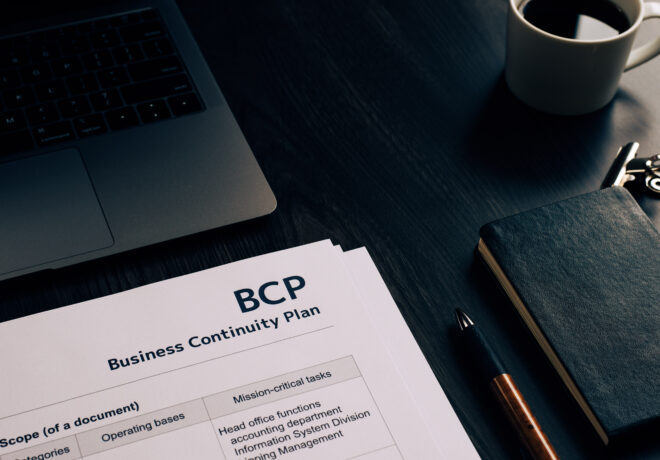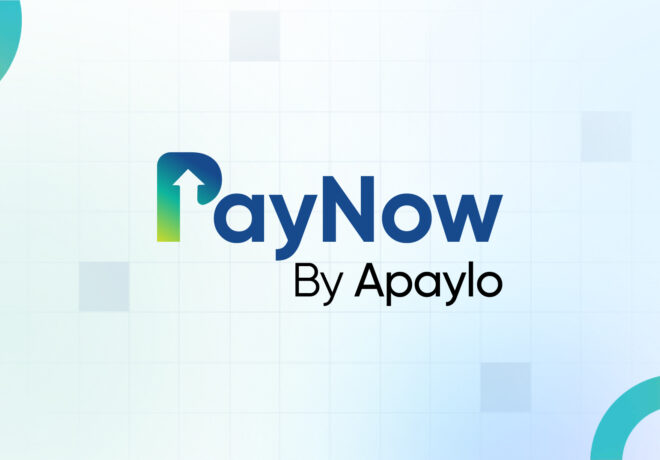In today’s rapidly evolving digital economy, Payment Service Providers (PSPs) play a critical role in facilitating transactions, holding end-user funds, and ensuring seamless financial services for businesses and consumers alike. With the introduction of the Retail Payment Activities Act (RPAA), PSPs operating in Canada must now comply with regulations set by the Bank of Canada. Registering with the Bank of Canada as a PSP is not just about meeting compliance requirements—it provides tangible benefits that foster trust, financial stability, and operational excellence.
Conversely, failing to register while operating as a PSP carries serious risks, including legal consequences, loss of trust, and potential financial ruin.
Let’s explore both sides in more detail.
Benefits of Registering with the Bank of Canada as a PSP
1. Enhanced Trust and Credibility
Registration with the Bank of Canada signals to consumers, partners, and stakeholders that your PSP meets national standards for safeguarding end-user funds. This builds trust in your services, making your business a reliable choice for clients looking for secure payment options.
- Registered PSPs demonstrate compliance with key safeguarding practices such as holding funds in trust accounts or ensuring funds are covered by insurance or guarantees.
- This level of protection assures end users that their money is safe even in the event of your company’s insolvency.
2. Protection Against Insolvency Risks
The Bank of Canada mandates PSPs to implement safeguarding-of-funds frameworks. These frameworks ensure:
- End users retain reliable and timely access to their funds.
- Funds are segregated from the PSP’s own accounts to avoid misuse or commingling.
- Insolvency protection procedures are in place, enabling the smooth return of funds to customers.
By meeting these requirements, PSPs protect their customers from financial loss and mitigate risks of business failure.
3. Access to Secure and Regulated Financial Systems
Registered PSPs gain access to regulated financial systems and account providers that are approved under Canadian law. These include Canadian financial institutions or foreign entities with equivalent prudential standards. Working with such providers ensures stability, compliance, and operational efficiency for your business.
- Safeguarding accounts can only be hosted by trusted institutions that meet Bank of Canada requirements.
- Insurance or guarantees must be provided by reputable, regulated entities to remain valid.
4. Operational Excellence and Risk Management
The RPAA requires PSPs to implement robust frameworks for operational and legal risk management. By registering and adhering to these requirements, PSPs gain:
- A well-documented ledger system that tracks end-user funds accurately.
- Frameworks for meeting liquidity demands and managing shortfalls.
- Independent reviews every three years to ensure ongoing compliance and operational integrity.
This helps PSPs streamline operations, enhance oversight, and maintain high standards for service delivery.
5. Legal Protection and Avoidance of Penalties
Registered PSPs align themselves with legal requirements, avoiding potential fines, sanctions, or shutdowns. The Bank of Canada’s clear guidelines provide PSPs with a roadmap to compliance, reducing legal ambiguity and protecting businesses from unintentional violations.
The Risks of Operating Without Registration
While the benefits of registration are substantial, the risks of non-compliance can be catastrophic for PSPs. Here’s what you risk by failing to register with the Bank of Canada:
1. Severe Legal and Financial Penalties
Operating as a PSP without proper registration under the RPAA is a violation of federal regulations. This can result in:
- Significant financial penalties and fines.
- Legal action that could force you to suspend operations.
- Potential imprisonment for severe or repeated violations.
The costs of legal disputes and penalties far outweigh the efforts required to comply.
2. Loss of Consumer and Business Trust
Trust is essential in the payments industry. PSPs that fail to register appear unregulated and unreliable in the eyes of customers and partners. Without safeguarding measures like trust accounts or insurance:
- End users are at risk of losing their funds during insolvency.
- Customers may abandon your services for more credible, compliant competitors.
- Reputational damage can cripple your business and brand.
3. Inability to Access Regulated Financial Institutions
Unregistered PSPs cannot work with approved account providers or insurance entities under the RPAA. This means:
- Limited access to trusted financial institutions for safeguarding accounts.
- Inability to offer the protection of valid insurance or guarantees.
- Greater exposure to operational disruptions and financial risks.
4. Operational Chaos During Insolvency
Without a proper safeguarding framework, unregistered PSPs risk severe disruptions in the event of insolvency. Failing to segregate funds or maintain clear records can make it nearly impossible to:
- Return end-user funds promptly.
- Resolve disputes with creditors and financial institutions.
Such chaos can lead to protracted legal battles and further financial loss.
5. Increased Regulatory Scrutiny and Risk of Shutdown
The Bank of Canada actively monitors payment service activities to ensure compliance with the RPAA. Operating without registration can invite:
- Increased scrutiny and audits.
- Forced shutdowns for non-compliance.
- Long-term bans from operating in Canada’s financial ecosystem.
Conclusion: Compliance Is Key to Success
Registering with the Bank of Canada as a PSP is not just a legal requirement—it’s a smart business decision. Registration brings enhanced trust, financial protection, and operational resilience, all while safeguarding end-user funds. On the other hand, the risks of non-registration include legal penalties, reputational damage, and operational instability.
If you are a PSP or planning to become one, prioritize compliance and align your operations with the RPAA. Not only will you build a more secure and sustainable business, but you will also earn the trust of your customers and partners in Canada’s competitive financial market.
Stay ahead. Stay compliant. Protect your customers.
For more information, visit the Bank of Canada’s official guidelines or consult with a compliance expert to ensure your business is fully prepared.
The Bank of Canada’s updated guidance on safeguarding end-user funds could impact your business. If you’re unsure whether you need to register, contact Apaylo for expert guidance on navigating these changes.







